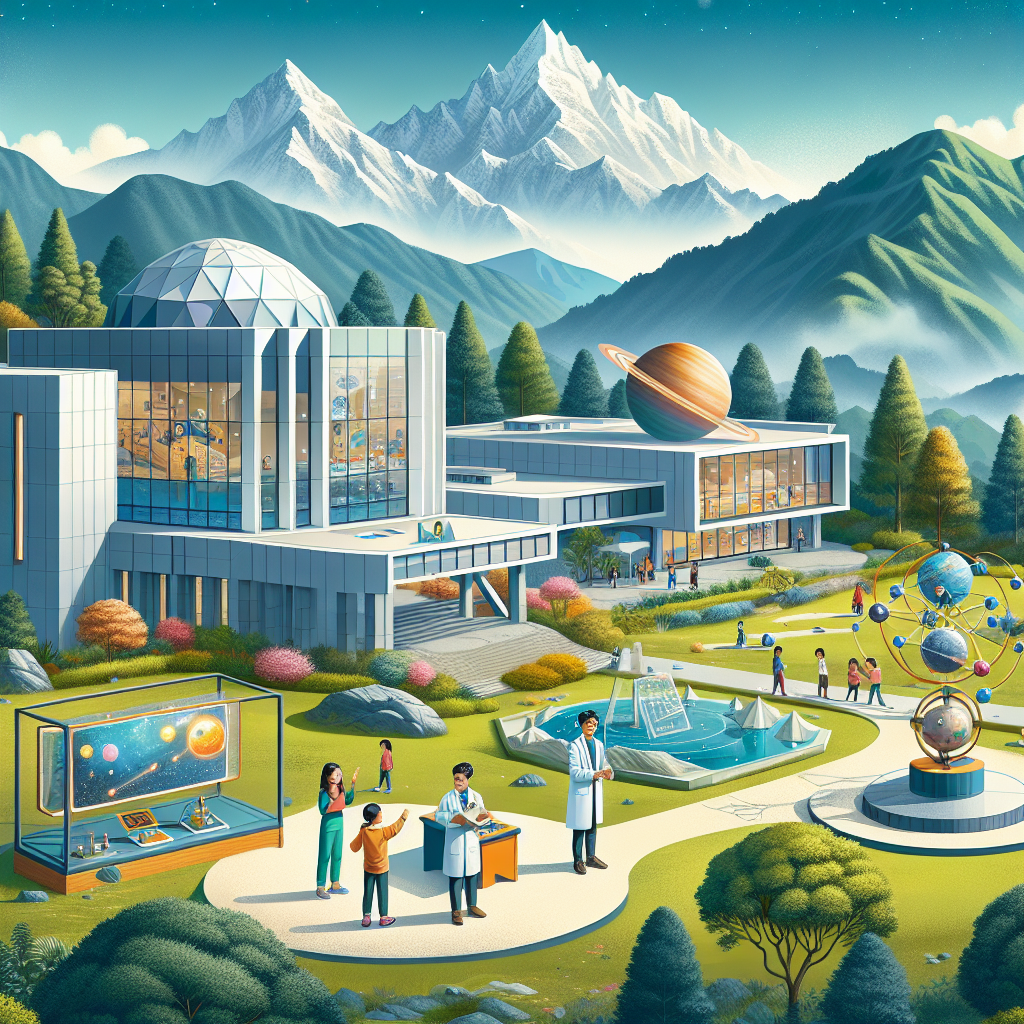Science News Highlights: Space Radiation, Frigid Alien Planet, Climate-Resilient Pears, and Delayed Crew-9 Mission
Discover key updates from the world of science, including space radiation studies with mannequins, observations of a rocky planet orbiting a white dwarf, Belgian research on climate-resilient pear growing, and the postponement of NASA's Crew-9 mission with SpaceX due to Tropical Storm Helene.

Following is a summary of current science news briefs.
Scientists have utilized mannequins equipped with onboard sensors to study radiation exposure in space. Data from NASA's Artemis I mission unveiled radiation levels that astronauts might encounter on long space missions, like a potential trip to Mars.
Researchers have discovered a rocky planet orbiting a white dwarf star, offering a glimpse into Earth's possible future billions of years from now. This distant planet, around 1.9 times the mass of Earth, could provide insights into planetary survival post-stellar death.
In Belgium, climate scientists are growing pears under conditions simulating the year 2040 to observe the impacts of climate change on agriculture. Their work aims to understand the future challenges faced by Europe's fruit growers.
NASA announced a delay in the Crew-9 mission launch due to Tropical Storm Helene. The mission, now set for Sept. 28, will send a NASA astronaut and a Russian cosmonaut to the International Space Station.
(With inputs from agencies.)
ALSO READ
Parliamentary Concerns Over Reduced Budget for NASA-ISRO Joint Mission
SpaceX and ULA Poised to Secure Massive Pentagon Launch Contract
Astronauts Return: The Next Chapter for NASA and Boeing's Starliner
SpaceX Expands Starlink to Vietnam Amid Tariff Tensions
SpaceX's Polar Pursuit: Fram2 Mission Takes Off










